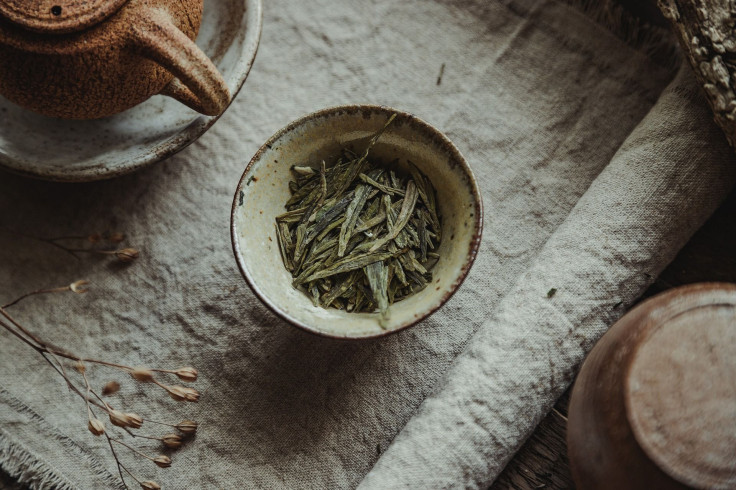Alarming Green Tea Side Effect Caused By Botanical Toxins Discovered In New Study

KEY POINTS
- Green tea is the No. 1 cause of herbal-induced liver injury (HILI), according to researchers
- Although rare, HILI could quickly lead to acute liver failure or damage that could take years to reverse
- Study lead author Stephen Malnick warned the public to be mindful of what they consume
Consumption of green tea could have life-threatening consequences in some individuals, a recently published study has found.
Conducted by Israeli and Canadian researchers from Israel's Clalit Health Service and Kaplan Medical Center, the study found that the tea plant contains botanical toxins that could cause a metabolic reaction and result in liver damage in some people.
In some extreme cases, especially in women, drinking green tea led to liver failure, according to the study, which was published in the international peer-reviewed academic journal GastroHep.
Researchers, who analyzed nearly 60 peer-reviewed articles on green tea and other herbs and hepatotoxicity for the study, said there is no way to know exactly who is predisposed to herbal-induced liver injury (HILI) or how much green tea is too much for those people.
Stephen Malnick, the study's lead author and head of an internal medicine department at Kaplan Medical Center, said that green tea has many significant benefits, especially for those who are trying to lose weight.
"It's connected with preventing metabolic syndrome [a combination of diabetes, high blood pressure, and obesity] and promoting weight loss. It has beneficial effects on the heart," Malnick told the Times of Israel.
But green tea, Malnick said, is also the No. 1 cause of HILI. Although there are only 100 documented cases of HILI worldwide so far, it can be serious and quickly lead to acute liver failure or damage that would take months or years to reverse.
"It is important to note that liver inflammation and liver failure due to green tea drinking is rare," said Malnick, according to the Jerusalem Post. "In addition, it is also very hard to diagnose because it's difficult to diagnose a direct connection between drinking green tea and liver failure. At the same time, though, evidence has accumulated from cases around the world about people who got hepatitis after drinking more green tea."
Malnick said that he came across a case of a 23-year-old who drank two to three cups of green tea every day. Within a month, the person's liver deteriorated so much that they needed a liver transplant, according to the study author.
"This is just another example that people who consume these products should be aware of the possibility of complications and consult their family doctor if suspicious symptoms appear," he added.
Malnick said that it is critical to know the signs of HILI, which may include weakness, loss of appetite, dark urine, pale stools, itchy skin and jaundice. He recommended seeking medical attention for those who may spot these "suspicious symptoms."
The study would help green tea drinkers as well as those who consume it through nutritional supplements and other products, according to Malnick.
"There's an estimate that by the end of this decade, there will be about a $27 billion market for green tea in the United States. And green tea is not just one entity. It has lots of different combinations of materials, some of it imported from places like India, and may actually even contain heavy metals, which is dangerous in itself," Malnick told the Times of Israel.
He also said that the study could be beneficial to doctors as well as patients in order to get a full picture of a person's prognosis, especially those with liver issues.

© Copyright IBTimes 2024. All rights reserved.






















